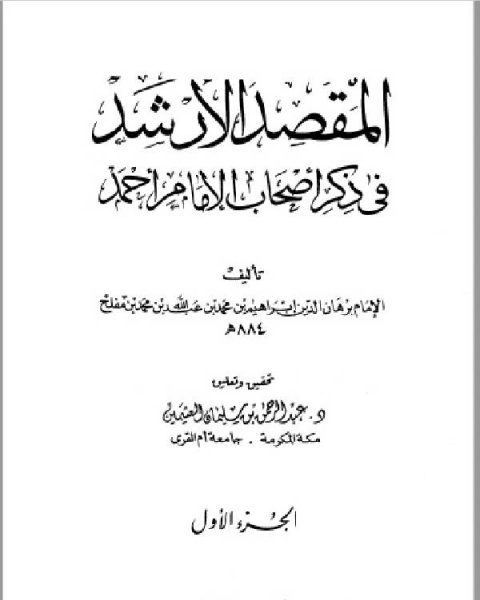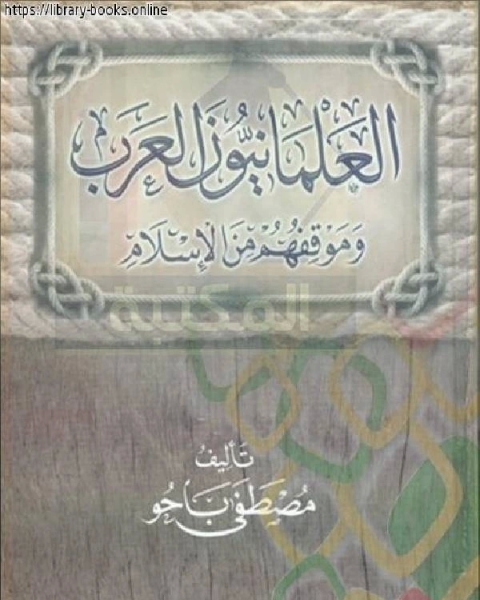
كتاب Fiqh of Muslim Minorities
تحميل كتاب Fiqh of Muslim Minorities pdf 2003م - 1443هـ One of the most important fruits of Islamic jurisprudence is affording legal solutions to the problems and mishaps of the times. In its turn, jurisprudence is invariably colored by the various conditions and circumstances of man in any given period. Among the topics of discussion between jurists and contemporary researchers, is the issue of "the fiqh of minorities". "Minorities" refers to a group of Muslims living in a region whose inhabitants are predominantly non-Muslims. "The fiqh of minorities" is a new term that was not investigated in the juristic heritage of Muslims but was coined in response to the changing reality of the times. This is confirmed by the fact that the fiqh related to these minority groups is qualitative in nature and takes into account the relation of legal rulings to the conditions of a specific group living in a specific place in light of their specific circumstances where what is suitable for them may not be suitable for others." So the spatial circumstances of these minority groups affords them, in many instances, exigent justifications compelling a mufti to issue a fatwa (legal verdict) that is contrary to the established opinion of his school of jurisprudence, contrary to the opinion he deems dominant due to its evidences, or contrary to the fatwas of other muftis in areas where Muslims are the majority. Consequently, it is possible to say that the subject matter of the fiqh of minorities is the juristic rulings in relation to a Muslim living in a non-Muslim land. Though this fiqh is specific in terms of its topics and problems, it operates within the framework of Islamic jurisprudence; hence, its reference is the Qur`an and the sunna and the textual evidences derived through the processes of ijma' (scholarly consensus), qiyas (analogy), istihsan (equity), al-masaleh al-mursalah (consideration of public interest), sad al-dhara`i' (blocking the means to evil), 'urf (customs), istihsab (presumption of continuity) and the other evidences that serve as the premises for scholarly opinions. Many of the issues related to these minority groups are analogous to issues mentioned in our juristic inherited literature; contemporary novel issues are considered old in genus, new in class. This evidences the importance of collecting the fatwas and rulings related to Muslim minority groups. This specific type of fatwas catered to the issues and needs of Muslim minorities help Muslim minority groups live under the umbrella of Islamic law and adhere to the rulings of their religion. Simultaneously, they help them integrate in their community without any dissonance between the rulings of their faith and the exigencies of life and in a manner that precludes any distress, hardships or oppression all of which are rejected by the venerable shari'a. God the Almighty says, "Allah doth not wish to place you in a difficulty" [Qur`an 5: 6] and "He …. Imposed no difficulties on you in religion" [Qur`an 22: 78]. Numerous conferences, workshops and research circles have been held to discuss topics related to this type of fiqh. This issue has acquired even particular importance lately in Europe and North America as part of rediscovering Muslim identity amidst the multifaceted challenges which the second and third generation Muslims face. We shall attempt to give a brief introduction to the fiqh of minorities. It comprises the following: 1- A definition of the fiqh of minorities. 2- The importance of studying the fiqh of minorities. 3- The pillars of the fiqh of minorities. Book author : Sheikh Yusuf AIQaradawi .
عرض المزيد







